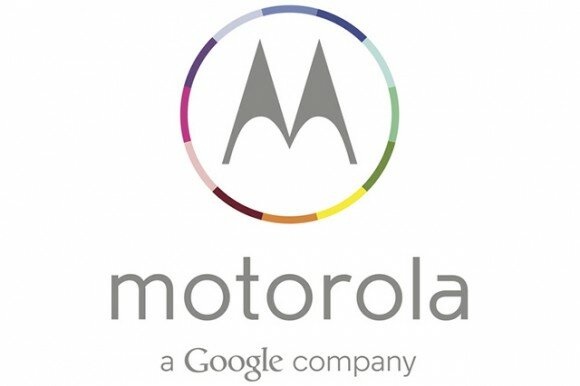Google sells Motorola Mobility to Lenovo for $2.91 billion

It’s official: Google has just signed an agreement to sell Motorola Mobility to Lenovo for $2.91 billion. Reports peg the sale at $3 billion. Google originally paid $12.5 billion for Motorola and sold off the set-top box division for $2.35 billion, so if the reports are true, Google would be taking a hit of about $7 billion.
Though patents are a large part of what drew Google’s interest to Motorola in the first place, those patents haven’t been as helpful as Google initially hoped. Google seems to have highly overvalued Motorola’s portfolio, which hasn’t been able to bring in nearly as much in royalties as either company seemingly expected. It also hasn’t been able to use those patents very aggressively, seeing them fail when used in an attempt to block sales of the iPhone. The entire ownership of Motorola has been something of a headache for Google, and it appears that it’s finally time for Google to cut its losses.
Lenovo has been on a buying spree of computer and smartphone companies. Last week, Lenovo purchased IBM’s low-end server business. In 2005, it bought IBM’s iconic Think Pad line of laptop computers.
The IBM and Google deals will separately undergo federal regulatory review, including scrutiny by the Committee on Foreign Investment in the United States to vet any national security concerns.
Lenovo’s stock and cash deal for Motorola would give the Chinese handset maker an entry into smartphone markets in developed nations, which have been dominated by Apple and Samsung.
Google justifies the sale by saying:
The smartphone market is super competitive, and to thrive it helps to be all-in when it comes to making mobile devices. It’s why we believe that Motorola will be better served by Lenovo—which has a rapidly growing smartphone business and is the largest (and fastest-growing) PC manufacturer in the world. This move will enable Google to devote our energy to driving innovation across the Android ecosystem, for the benefit of smartphone users everywhere. As a side note, this does not signal a larger shift for our other hardware efforts. The dynamics and maturity of the wearable and home markets, for example, are very different from that of the mobile industry. We’re excited by the opportunities to build amazing new products for users within these emerging ecosystems.
Google said that with the sale, it will focus on building new Android products in the emerging space of wearable technology and connected devices for the home.
“As a side note, this does not signal a larger shift for our other hardware efforts. The dynamics and maturity of the wearable and home markets, for example, are very different from that of the mobile industry,” Page said. “We’re excited by the opportunities to build amazing new products for users within these emerging ecosystems.”
Source: Google | Motorola









0 comments